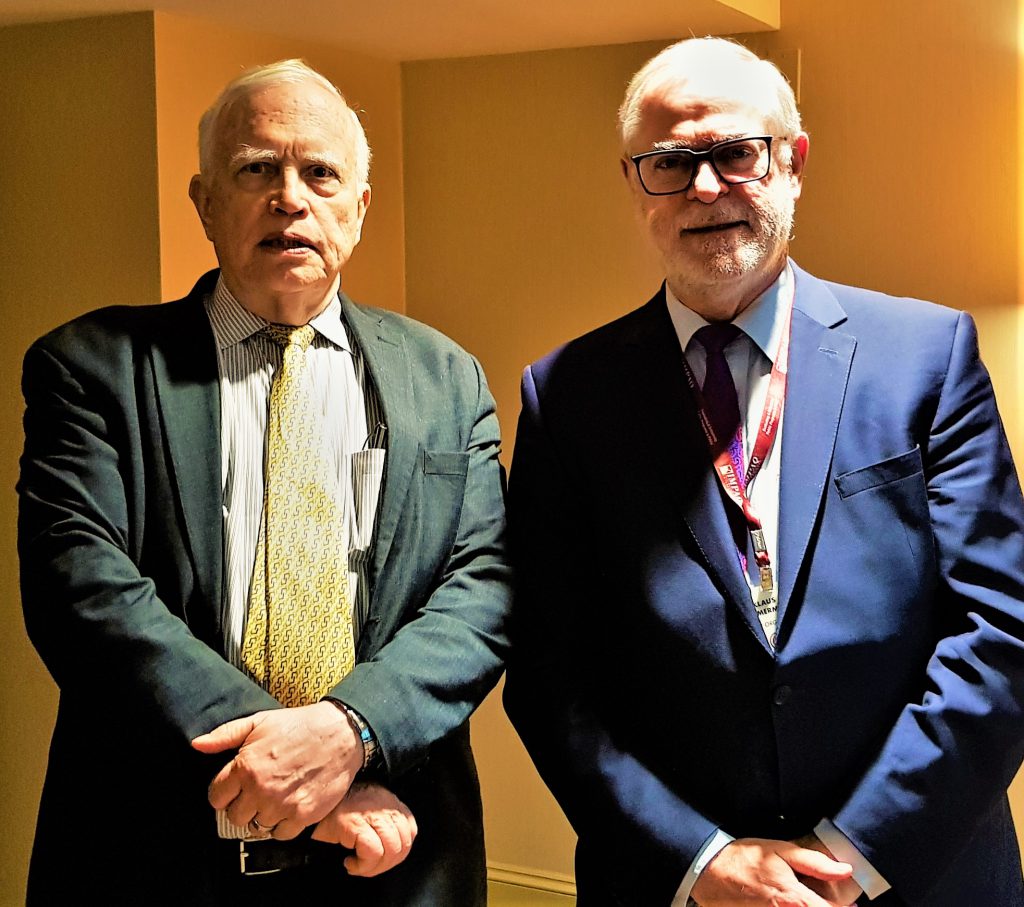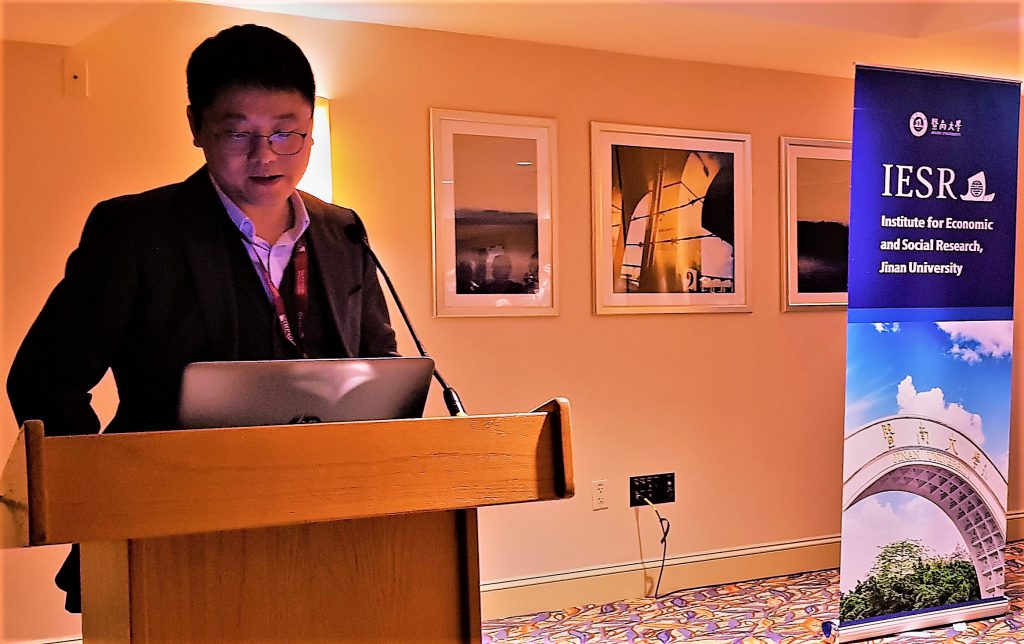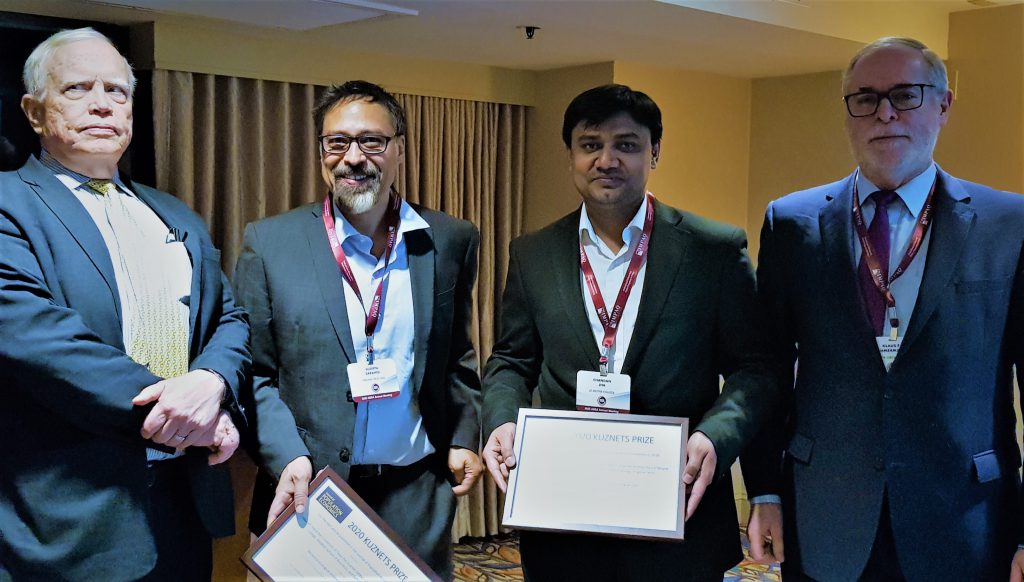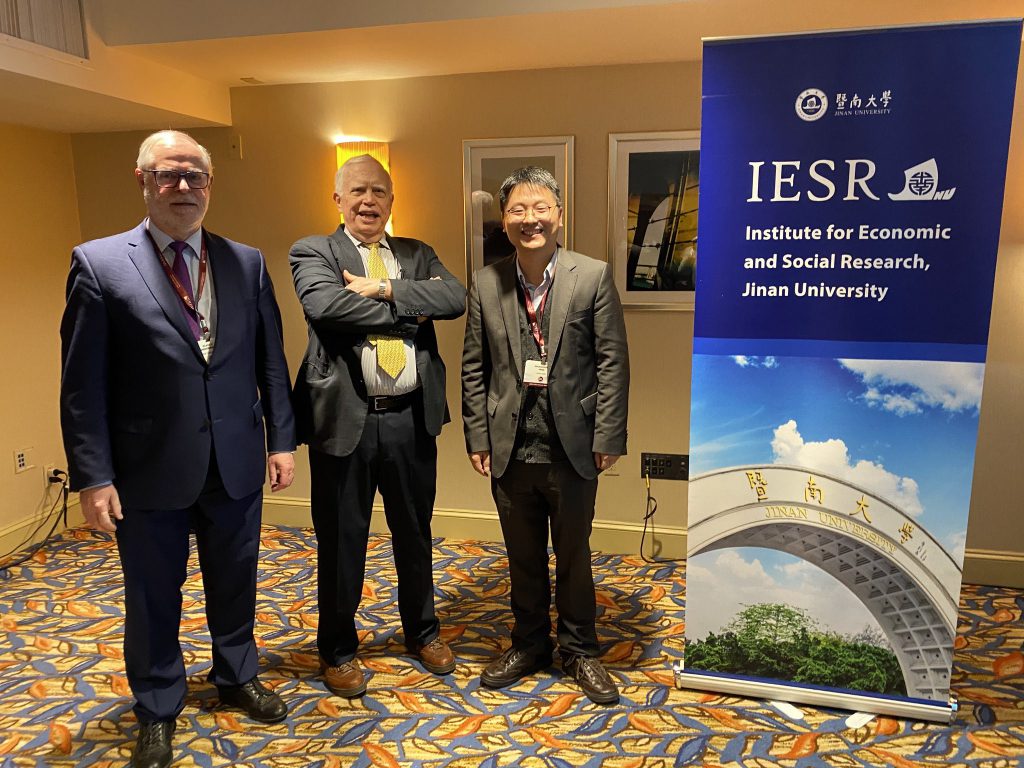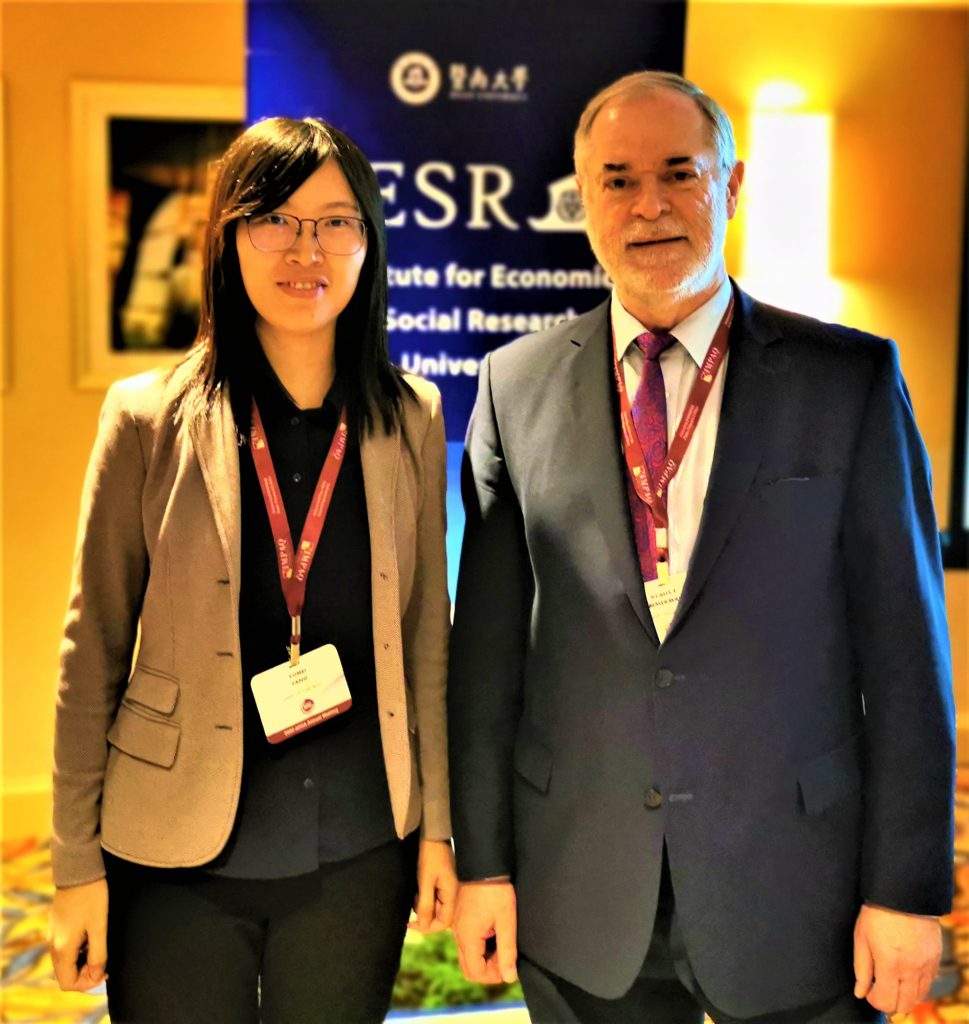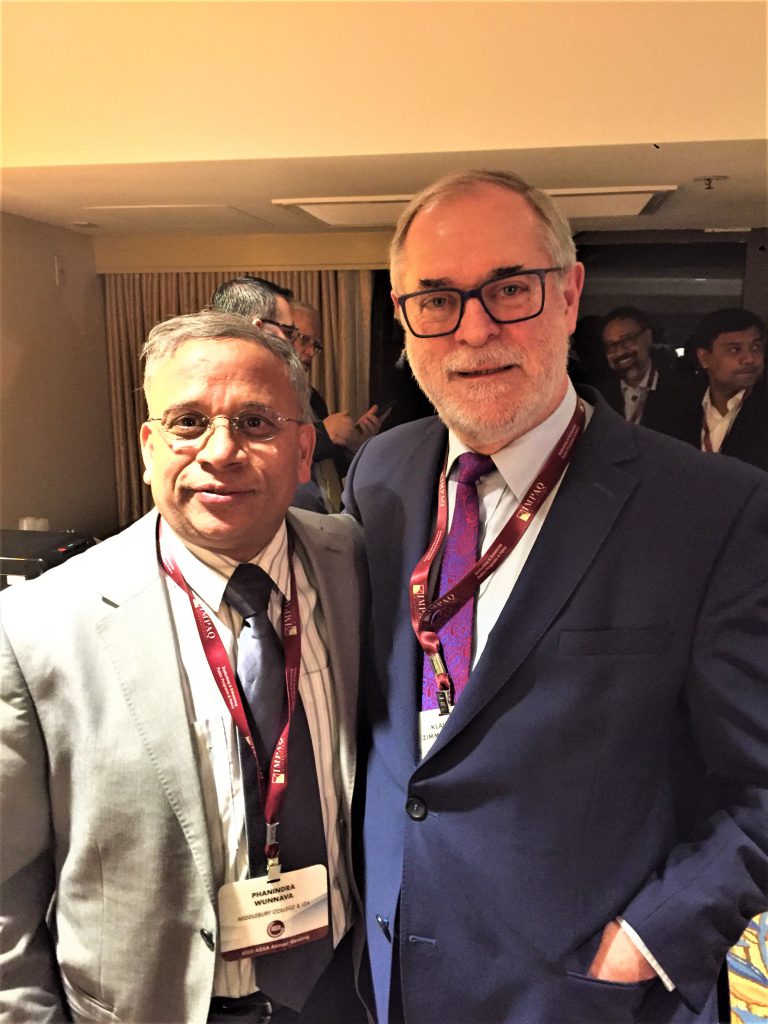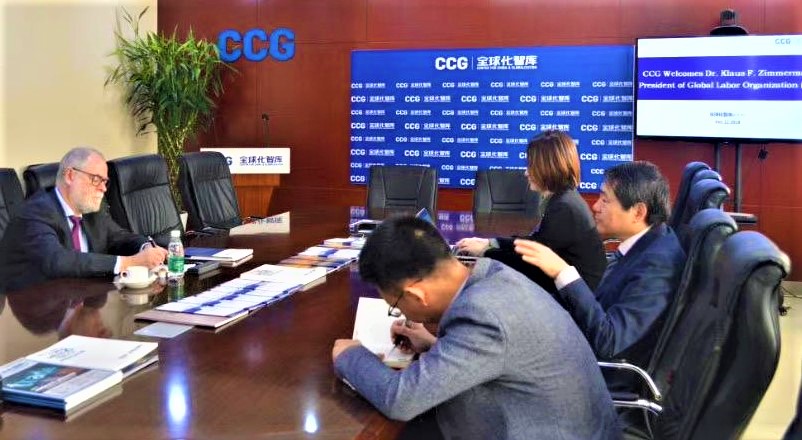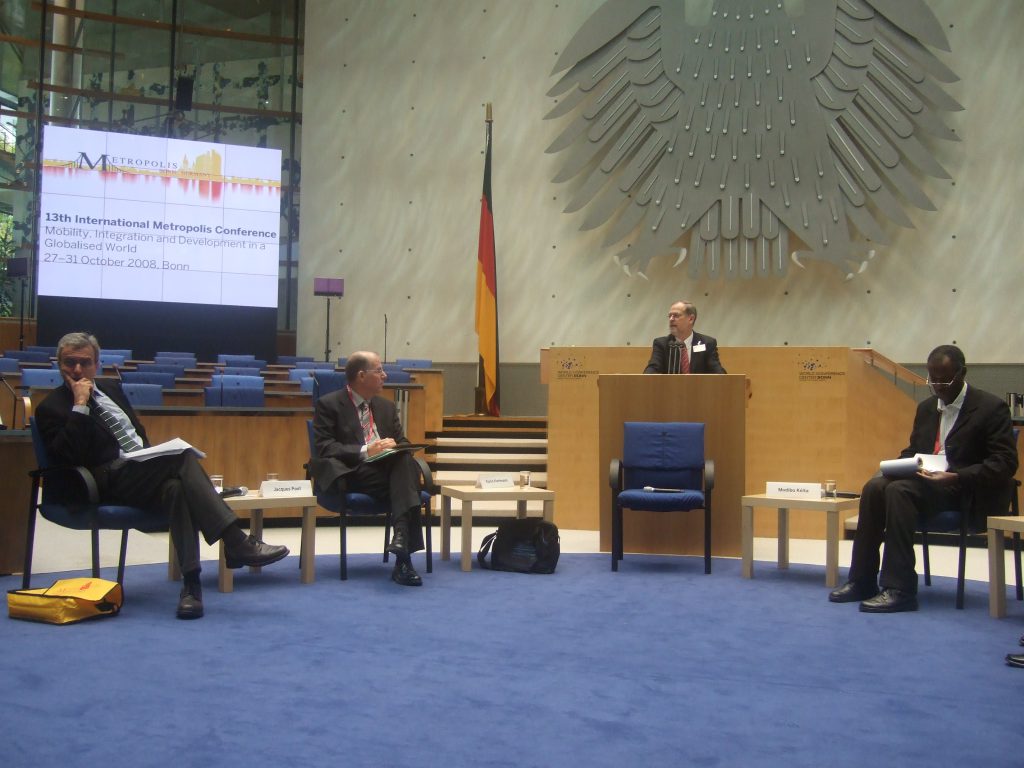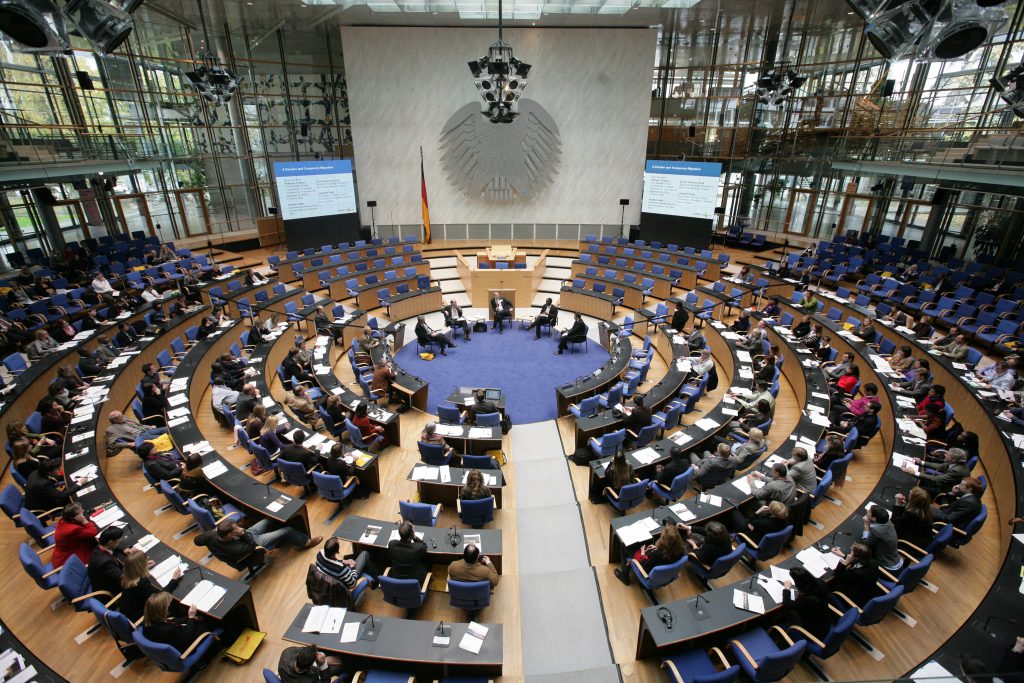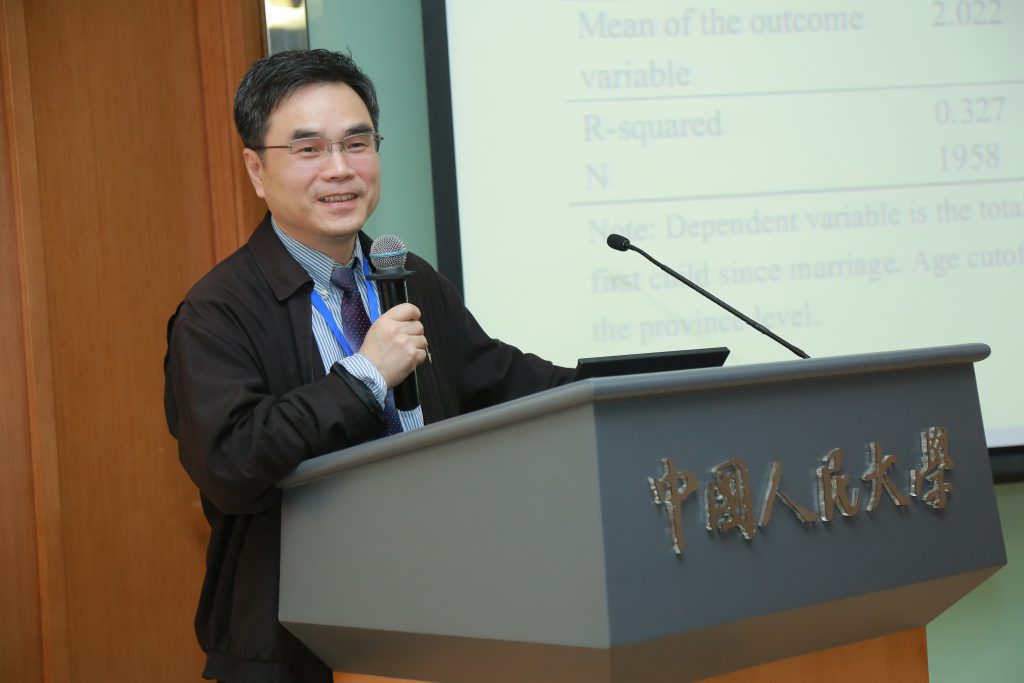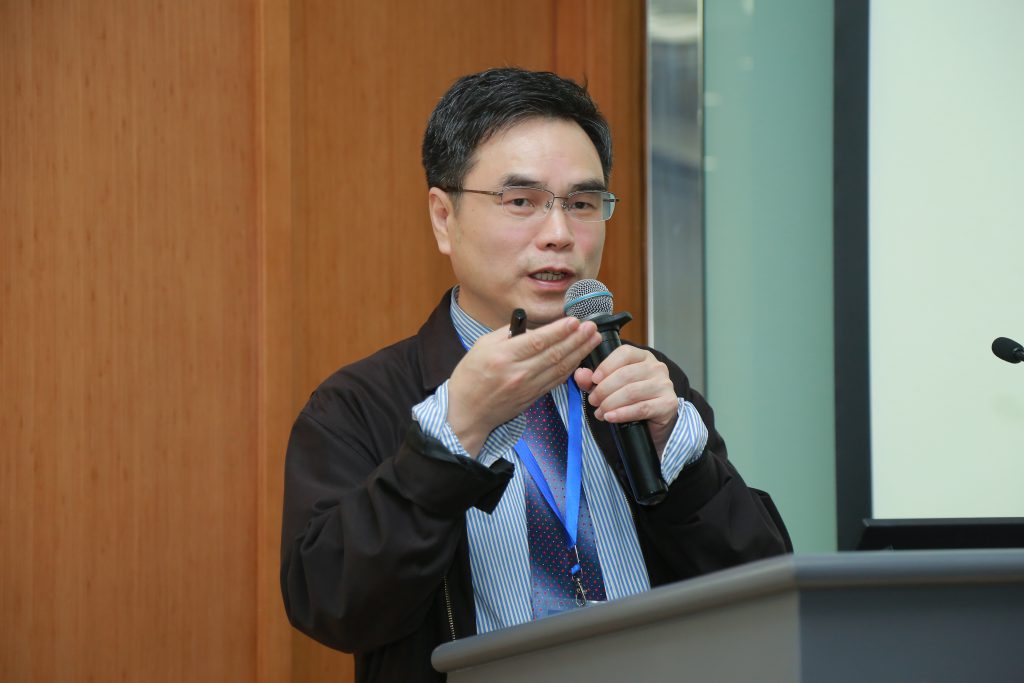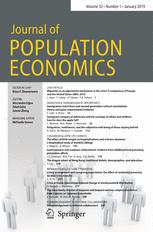In 2019, Dejan Kovač, GLO fellow and a former postdoc at Princeton University, left his position in the US and joined the presidential race in Croatia as a candidate. He did not become the president of Croatia, but in his campaign he highlighted the need for structural reforms, promoted civic and economic freedoms, and most importantly attacked corruption relying on his previous research experience.
Besides his research on corruption, Dejan Kovač is taking another promising research endeavor – rethinking the design of Croatia’s labor market to increase its global competitiveness.
In 2017, the Global Labor Organization (GLO) had supported a large international conference Dejan Kovač had organized in Umag to debate the challenges of the global world for labor markets. The event was hosting some of the best labor economists of our time, including the former chief economist to president Obama, the late Alan Krueger, a legendary figure and GLO Fellow (see picture below).
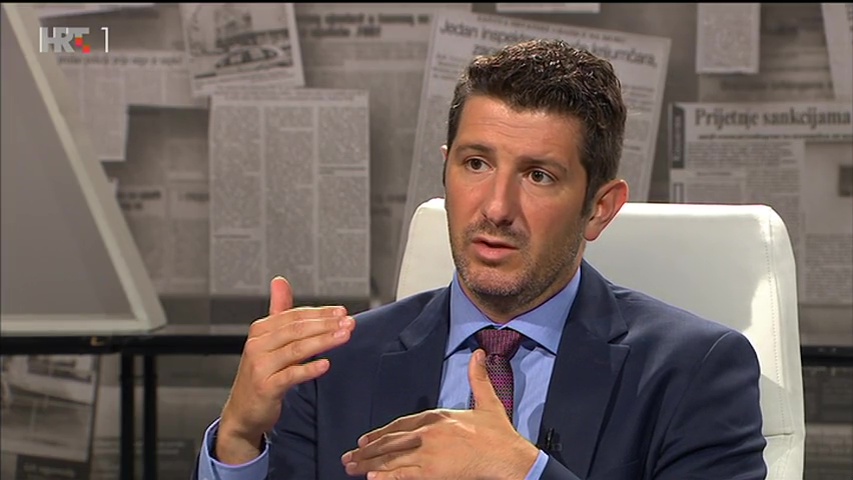
Interview
GLO: The scientist and politics: How has the presidential campaign changed you?
Dejan Kovač: Before the campaign I was an economist, during the campaign I remained an economist, and after the campaign I am still an economist.
GLO: Was knowledge of economics and of scientific evidence helpful for you during the race?
Dejan Kovač: Not really. Presidential races in Croatia historically have a problem. This is not a competition about the better program, but rather about to what part of the political spectrum one belongs. I was not able to push any economics topic, because we are still trapped by tales from our history and historical revisionism. It is very unfortunate that there is so little voters’ awareness about the importance of particular topics. Especially because Croatia “lost” close to 10% of its population through emigration due to several main issues: high corruption, bad economic conditions and lack of structural reforms.
GLO: Is emigration the main motivation for your newly started project “Designing Croatia’s labor market for global competitiveness” or are there other important issues at play?
Dejan Kovač: The 10% loss of population is a great shock to our economy. One does not have to have a PhD in economics to realize that this will have a detrimental effect on GDP. A larger problem than size is the issue of “brain drain” not only in Croatia, but in the entire region. High-skilled workers are leaving and they would otherwise contribute the most to economic growth. Another problem of our labor market is that the entire education system is not adequate to satisfy domestic labor market needs and especially global trends.
GLO: What is wrong with Croatia’s education system?
Dejan Kovač: Quotas are such that we are “over-producing” some occupations, which we realistically do not need, while we lack for instance STEM workers, who are “under-supplied”. This is still a residue from our past, when both skills and quantities were defined through central planning. Today not only domestic, but also global market forces are at play. Nevertheless, we have a rigid set of quotas for higher education which has not changed in a reasonable manner in decades. That is the first step to take. It is not an easy task, because redesigning the entire education system implies evaluating labor demand and supply in the future. For this we need the entire Croatia, not just a government which represents one part of the political spectrum only. Either policy makers will realize that and do the urgent structural reforms, or with the next wave of emigrations, our problems will intensify significantly.
GLO: What are decisive elements of the needed university reform and how does this relate to the vitalization of the labor market?
Dejan Kovač: Beyond quotas, we need to raise the skill levels of our workers in such a way that knowledge learned at our universities is up to date with the frontier of innovations at the labor market. We lack “intermediaries” such as incubators who can “translate” knowledge from pure theory to applied science which can be used at the labor market. Also we need to revise the entire curriculum at most universities.
***
With Dejan Kovač spoke Klaus F. Zimmermann, GLO President.
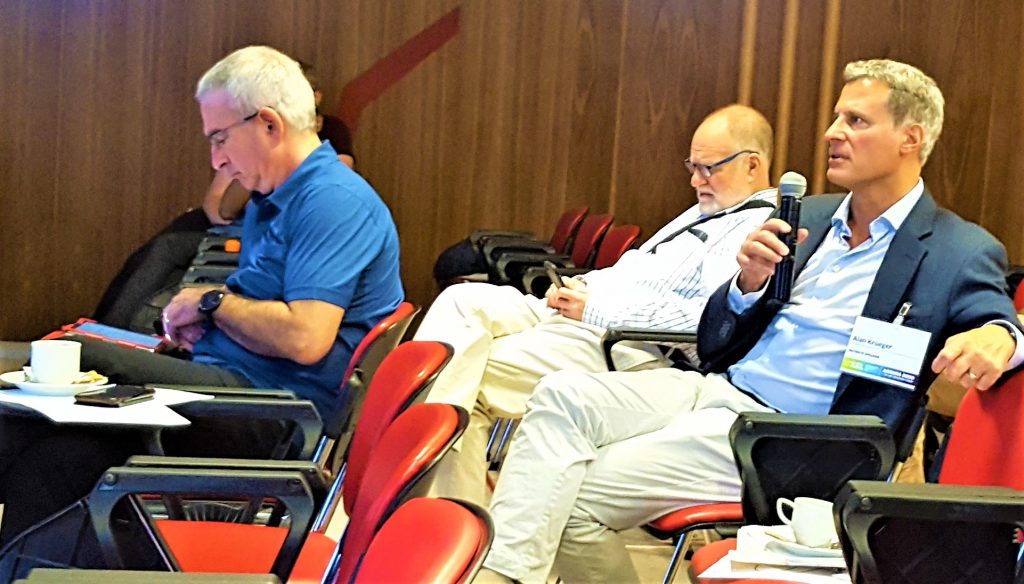

Ends;


